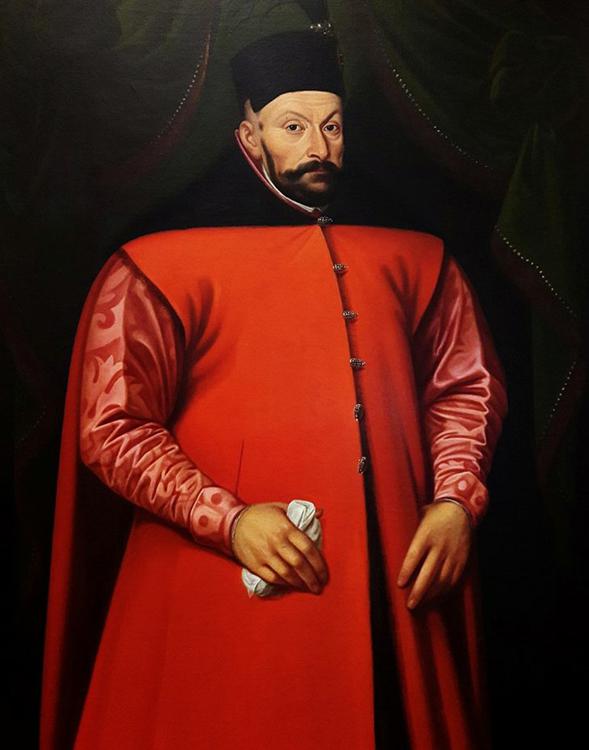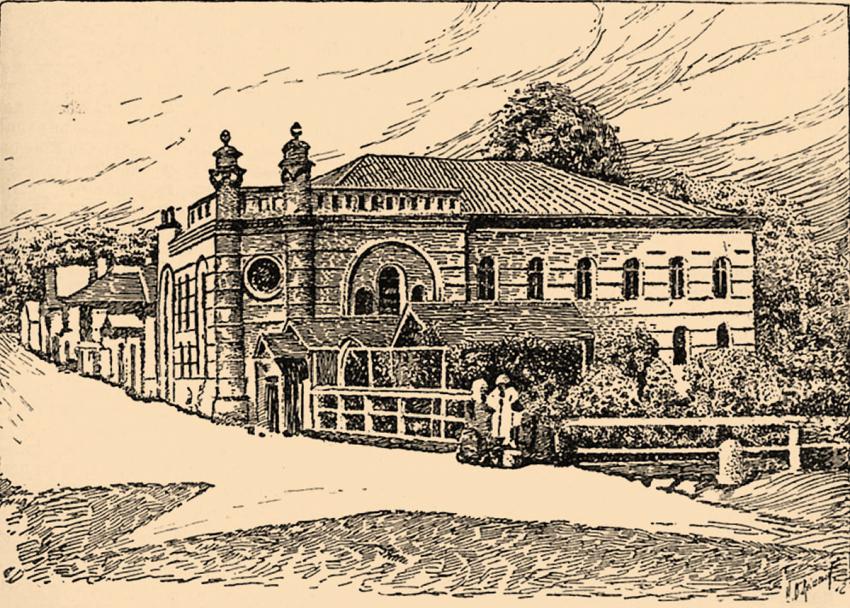- The Shorter Jewish Encyclopedia (Magness, Hebrew University, Jerusalem 1976-2005), ‘Mogilev’, col. 395-397. Cited here from the electronic version http://eleven.co.il/diaspora/communities/12805.
- Ibid.
Sunday to Thursday: 09:00-17:00
Fridays and Holiday eves: 09:00-14:00
Yad Vashem is closed on Saturdays and all Jewish Holidays.
Entrance to the Holocaust History Museum is not permitted for children under the age of 10. Babies in strollers or carriers will not be permitted to enter.








